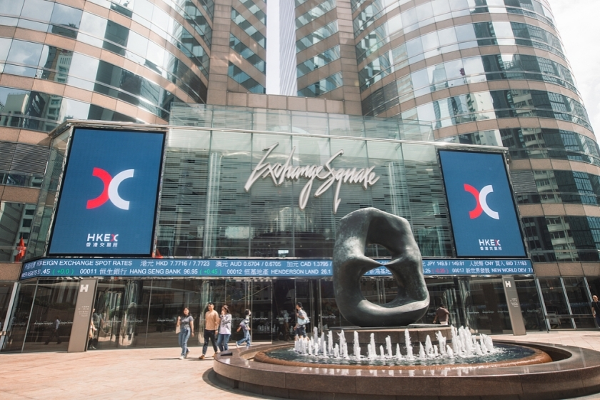The Hong Kong Stock Exchange ordered a trading halt, causing cryptocurrency concept stock Starchain to plummet by 70%.

According to Caixin, cryptocurrency concept stock Starchain (00399.HK) announced before the market opened on November 17, 2025, that it had been ordered by the Hong Kong Stock Exchange to suspend trading on November 26.
The reason given was that the Stock Exchange questioned the company's failure to meet its continued listing requirements. The stock plummeted 73% on November 17, closing at HK$0.064 per share, a 91% drop from its peak price at the end of July.
The Hong Kong Stock Exchange stated that, according to Rule 13.24 of the Listing Rules, Starchain failed to maintain a sufficient level of operation and did not have sufficient assets of sufficient value to support its operations, allowing its shares to maintain their listing status.
Therefore, it required the company to suspend trading from November 26. Starchain responded in its announcement that it had decided to apply to the Listing Committee of the Stock Exchange for a review.
The suspension of Starchain's shares by the Hong Kong Stock Exchange essentially exposes the regulatory compatibility and substantive business issues faced in the integration of traditional capital markets and the cryptocurrency industry. Rule 13.24 of the Listing Rules cited by the Stock Exchange requires listed companies to have sustainable operating capabilities and asset support.
However, StarChain has clearly failed to prove to the market that its business has real cash flow generation capabilities or asset value backing. This reflects a common problem among many "cryptocurrency concept stocks" - their business models often rely on market sentiment and concept hype, rather than substantial technology implementation or revenue generation capabilities.










